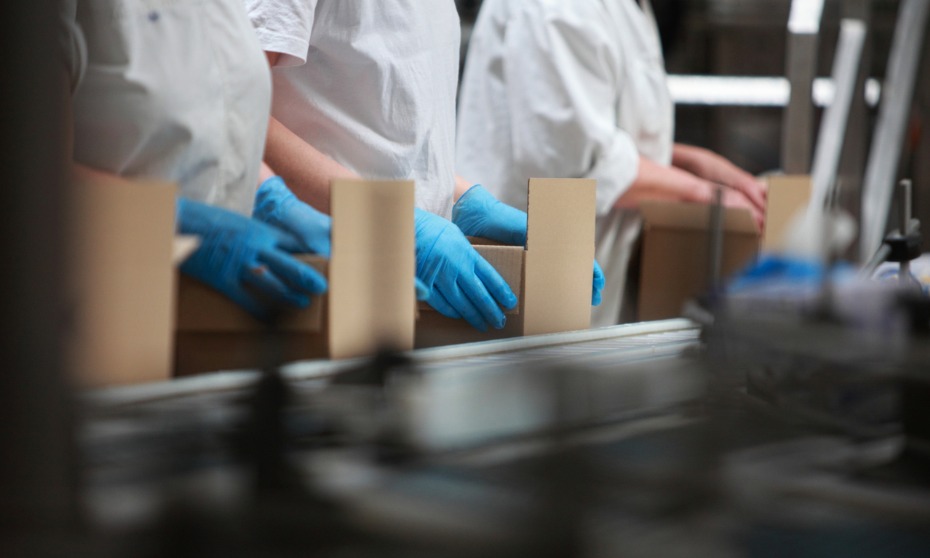Worker dawdled after stopping task that made him nervous

A British Columbia worker’s wasting of two hours on his shift was worthy of a suspension but not dismissal, an arbitrator has ruled.
Worker dawdled after stopping task that made him nervous

A British Columbia worker’s wasting of two hours on his shift was worthy of a suspension but not dismissal, an arbitrator has ruled.